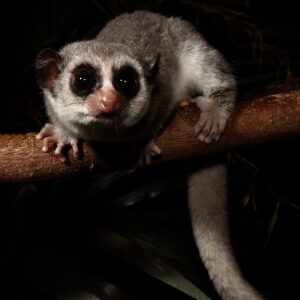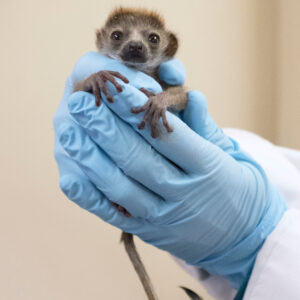Protect What Matters Most
Due to sweeping changes in federal funding, the Duke Lemur Center is facing critical budget shortfalls. To continue caring for endangered lemurs, advancing research, and supporting global conservation, your help is urgently needed. (Read more in this letter from Executive Director Greg Dye.)
While unrestricted donations are always our top priority, these special Targeted Impact Gifts are options for donors who are interested in a larger contribution between $5,000 and $100,000 and wish to restrict their gift toward a special priority need. These opportunities offer a meaningful way to align your gift with the DLC’s high priority needs and inspiring programs we hope to fund in the coming year. Your generosity today ensures our mission thrives tomorrow.
Join us. Invest in impact. Protect what matters most.
Additional Giving Options
General fund gifts are our top priority right now. These flexible, unrestricted gifts sustain the essentials: staff salaries, facility upkeep, and vital equipment.
For information about gifts of $100,000 or more, please visit our Major and Principal Gifts page.
For a summary of all of our giving opportunities, including stock gifts, corporate sponsorships, legacy gifts, and naming opportunities, please visit our Giving Options page.
Contact
The Duke Lemur Center is always happy to discuss our current priority needs and options for your gift to make a significant impact. Please contact our development officer, Mary Paisley, at mary.paisley@duke.edu or (919) 401-7252.








